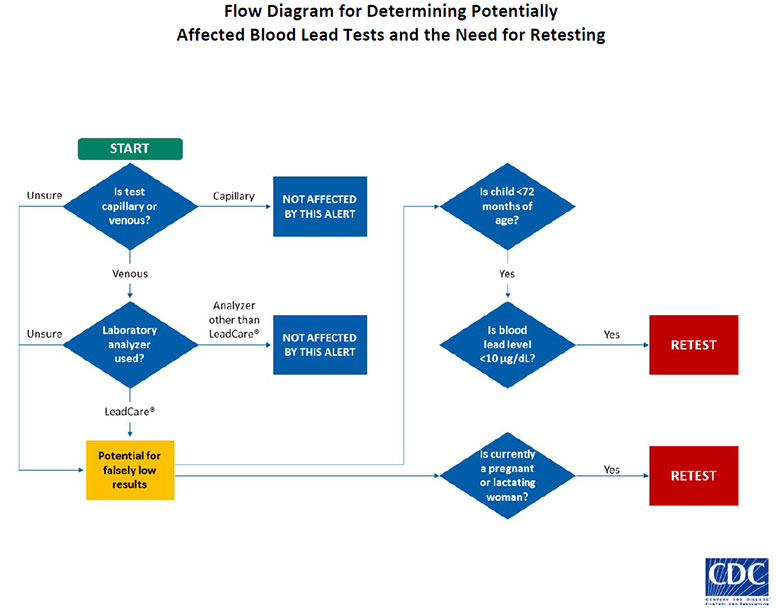The effects of lead poisoning are well known and can be devastating. Infants and young children are especially vulnerable to lead poisoning, which can seriously affect mental and physical development.
On May 17, 2017, the U.S. Food and Drug Administration (FDA) and the Centers for Disease Control and Prevention (CDC) issued warnings about the validity of test results from a certain diagnostic analyzer.
“The FDA is deeply concerned by this situation and is warning laboratories and health care professionals that they should not use any Magellan Diagnostics’ lead tests with blood drawn from a vein,” said Jeffrey Shuren, M.D., director of the FDA’s Center for Devices and Radiological Health. “The agency is aggressively investigating this complicated issue to determine the cause of the inaccurate results and working with the CDC and other public health partners to address the problem as quickly as possible.”

The original test, made by Magellan Diagnostics, may have underestimated blood lead levels, providing a false sense of assurance to parents. Children under 6 and pregnant and nursing women may need to be retested. They should consult with a health care provider to follow up.
Lead-based paint and lead-contaminated dust in older buildings are the most common sources of lead poisoning in children. A lot of lead poisoning in children results when they eat or suck on chips of deteriorating lead-based paint. This can happened in schools and older apartment buildings. Adults who do home renovations or work in auto repair shops also might be exposed to lead.
Needless to say, if you should have any questions about filing a claim for lead paint poisoning for you or your child, feel free to contact us.
By:
Michael Raff, Esq.

